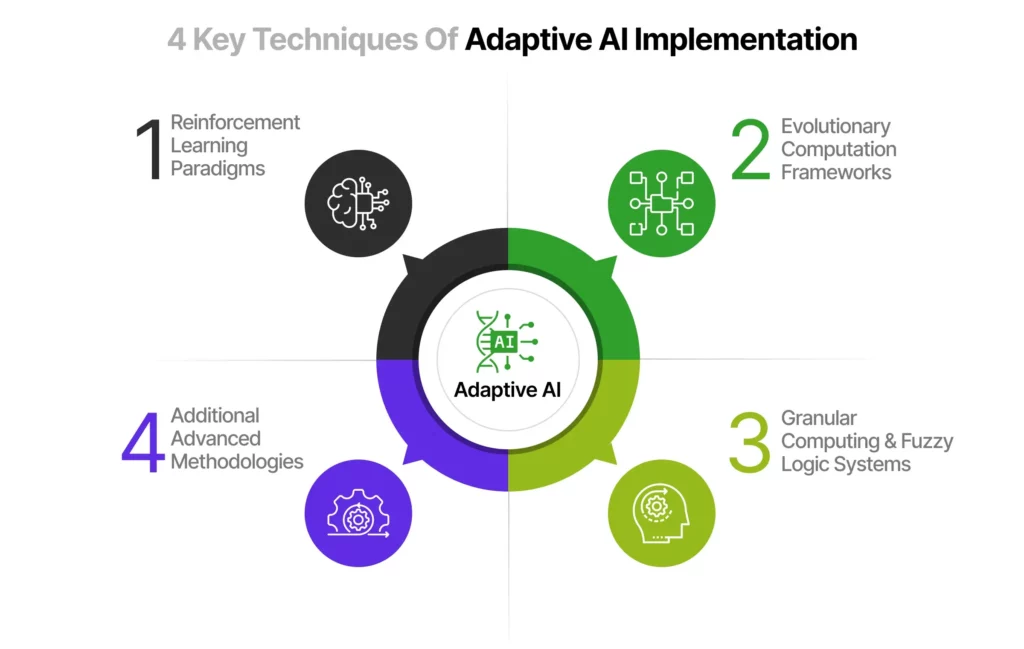
Adaptive systems are a type of artificial intelligence technology that have the ability to learn and evolve over time based on their interactions with data and their environment. These systems are designed to continuously improve their performance and adapt to changing conditions without the need for explicit programming or human intervention.
One of the key features of adaptive systems is their ability to adjust their behavior in response to new information or feedback. This allows them to make more accurate predictions, decisions, and recommendations as they gather more data and learn from their experiences. By constantly refining their algorithms and models, adaptive systems can become more efficient, effective, and reliable over time.
Adaptive systems are used in a wide range of applications, including machine learning, natural language processing, robotics, and autonomous vehicles. In the field of healthcare, for example, adaptive systems can be used to analyze medical images, predict patient outcomes, and personalize treatment plans based on individual characteristics and preferences.
In the financial industry, adaptive systems are used to detect fraudulent transactions, optimize trading strategies, and assess credit risk. These systems can quickly adapt to changing market conditions and regulatory requirements, allowing financial institutions to stay competitive and compliant in a fast-paced and complex environment.
In the field of marketing, adaptive systems can be used to analyze customer behavior, personalize content and recommendations, and optimize advertising campaigns. By continuously learning from customer interactions and feedback, these systems can improve customer engagement, conversion rates, and return on investment.
Overall, adaptive systems are a powerful tool for organizations looking to harness the power of artificial intelligence to drive innovation, efficiency, and growth. By leveraging the capabilities of adaptive systems, businesses can stay ahead of the competition, anticipate market trends, and deliver more personalized and impactful experiences to their customers.
1. Adaptive systems in AI are crucial for enabling machines to learn and improve their performance over time, leading to more accurate and efficient decision-making processes.
2. By continuously adapting to new data and changing environments, adaptive systems help AI algorithms stay relevant and up-to-date in dynamic and complex scenarios.
3. The ability of adaptive systems to self-adjust and optimize their behavior without human intervention is essential for achieving autonomous and intelligent systems in various applications, such as self-driving cars and personalized recommendation systems.
4. Adaptive systems play a key role in enhancing the scalability and flexibility of AI solutions, allowing them to handle large volumes of data and adapt to diverse user preferences and requirements.
5. Overall, the significance of adaptive systems in AI lies in their capacity to drive innovation and progress in the field by enabling machines to learn from experience and continuously improve their performance in real-world settings.
1. Personalized recommendations in e-commerce platforms
2. Dynamic pricing strategies in retail
3. Autonomous vehicles adjusting to changing road conditions
4. Adaptive learning systems in education
5. Real-time fraud detection in financial transactions
There are no results matching your search
There are no results matching your search